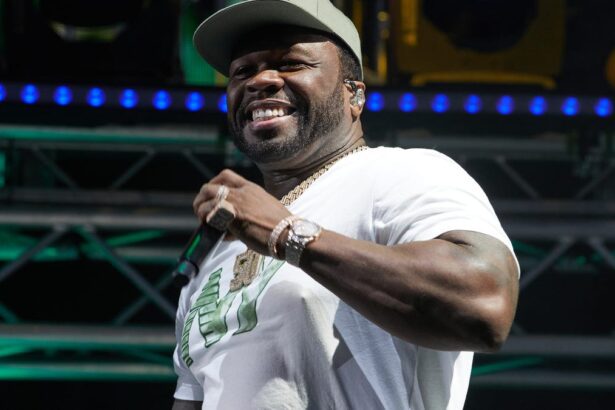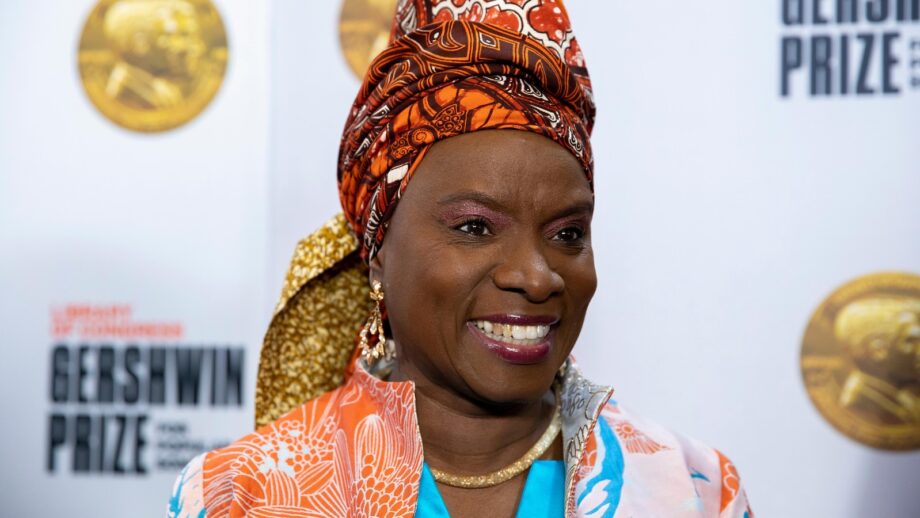ABUJA, Nigeria — From an exciting and vibrant musical performance at the FIFA World Cup to the introduction of a new Grammy Awards category for African music, the music genres and talents from the continent are making waves on a global scale. This marks a significant breakthrough for an industry that has faced enduring structural challenges.
African acts are breaking new ground in music production by showcasing performances on major international stages, climbing the global music charts, and leveraging high-profile collaborations, internet and streaming platforms, and new investment opportunities.
The new Grammy category, “best African music performance,” is set to be awarded this Sunday. This category aims to highlight regional musical traditions and recognize recordings that incorporate unique local expressions from across the African continent.
According to the International Federation of the Phonographic Industry’s Global Music Report 2023, Sub-Saharan Africa experienced the fastest growth in recorded music revenues in 2022.
At the forefront of this growth are newer genres such as Afrobeats and amapiano, which have gained international recognition. Afrobeats is a popular blend of distinct West African music styles, while amapiano combines South African kwaito with African jazz, house music, and soulful vocals.
The influence of African music is further propelled by streaming platforms. For instance, Afrobeats streaming on Spotify has spiked by over 500% since 2017.
Nigerian artist Rema’s track “Calm Down,” featuring Selena Gomez, has reached a milestone as the first song led by an African artist to surpass 1 billion Spotify streams. It also holds the record for the most weeks, 64, spent on Billboard’s Pop Airplay chart.
The success of Afrobeats songs like “Calm Down” lies in their ability to reflect daily life through a mix of Pidgin and local languages, melodies, drum patterns, heavy rhythms, and poetic style.
South African sensation Tyla achieved a significant milestone with her track “Water,” solidifying the rise of amapiano and making her the highest-charting African female solo act of all time after reaching No. 10 on the Billboard Hot 100.
Collaborations across African music genres have also contributed to the elevation of the music landscape. An example is the song “Unavailable” by Nigerian artist Davido and South African artist Musa Keys, which has been nominated for a Grammy and serves as a perfect meld of Afrobeats and amapiano.
African stars have also graced soccer’s biggest stages, with their performances captivating audiences worldwide.
The rise of African music also signifies a shift in the global music scene, with institutions and individuals increasingly investing in local talents and infrastructure, attracting attention from major record labels.
The continent’s significant young population, which is expected to make up a quarter of the world’s population by 2050, and the widespread migration of Africans to different regions, are further driving the global influence of African music.
Amid its increasing global appeal, African music remains rooted in the cultural and societal experiences of its people, serving as a platform for expression and resistance against repressive systems.
With the continent’s burgeoning internet traffic, there are extensive opportunities for growth as the internet continues to democratize African music, allowing artists to create and provide audiences with a wide array of musical expressions.”Who Sings Benga-Influenced Social Justice Songs”
It is still quite challenging to create music in Africa due to factors like limited funding and infrastructure, according to G’bemi Ereku, an entertainment and media executive based in Lagos. The continent faces structural issues that hinder its global appeal, as evidenced by its limited purchasing power and music streaming revenue projections. Despite Nigeria’s reputation as the hub of Afrobeats, the country lacks large music arenas, making it difficult for festivals like the Afro Nation Festival to thrive. Emerging artists like Jhello also struggle to break into the industry without adequate institutional support. Nonetheless, African music is resonating with audiences worldwide, offering a new and exciting musical experience.




